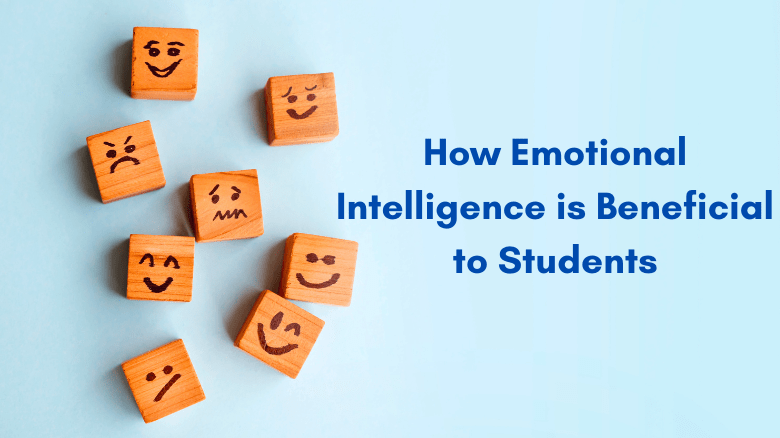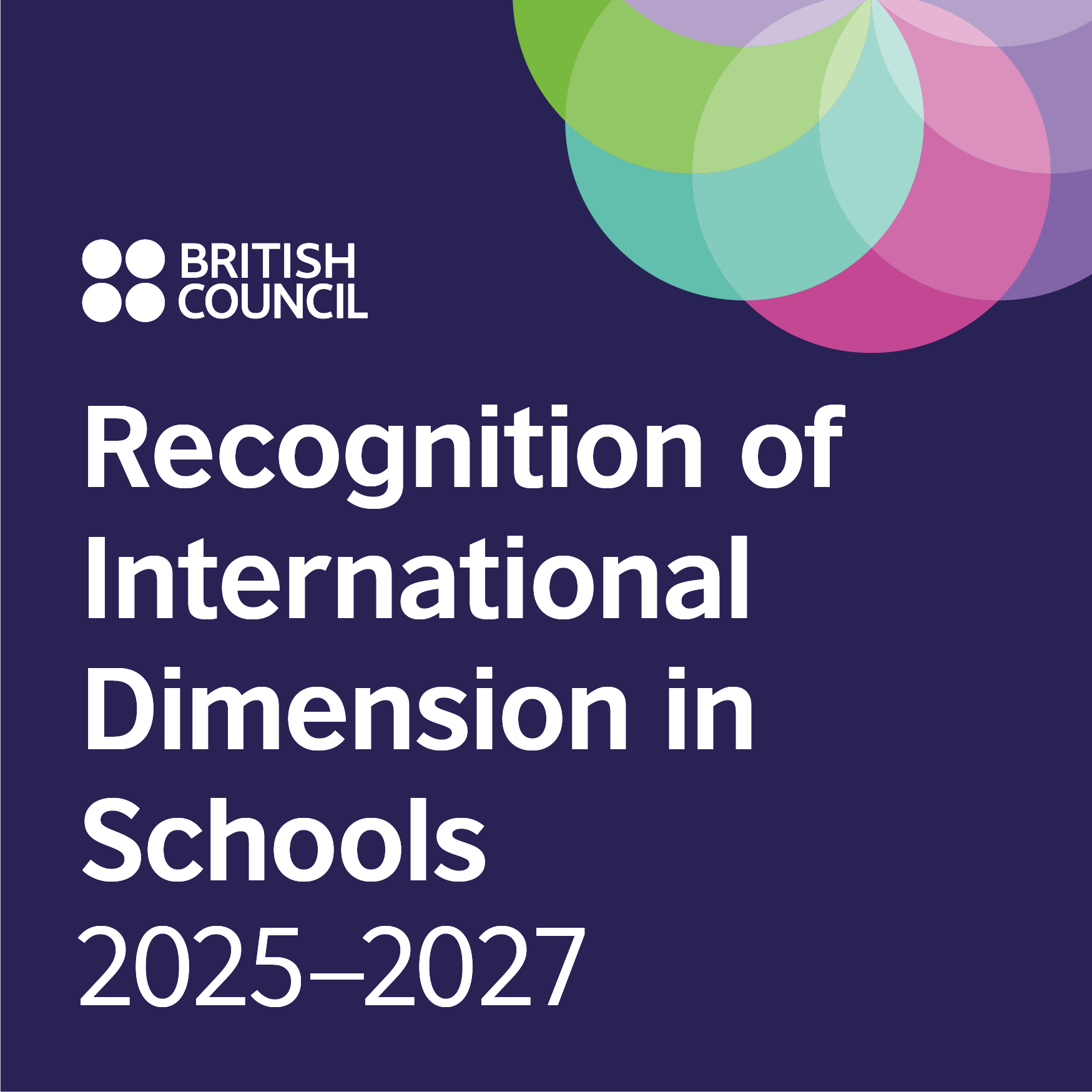With good reason, Emotional Intelligence in education has been an ongoing watchword in educational circles for a certain time. At an age where more emphasis is placed on Intelligence Quotient (IQ), studies have shown that Emotional Intelligence sits beside IQ and performs an equally important role in developing well thought and accomplished persons. Before we get deeper into the issue, let's define what emotional intelligence is.
Emotional Intelligence (EQ) is the capacity to recognize, assess, control, and express emotions in a positive and productive manner. A person with a high EQ may communicate more effectively, reduce anxiety and tension, settle disputes, enhance relationships, sympathize with others, and conquer life's problems. Since it affects individual interactions and experiences, emotional intelligence has an impact on the quality of life. The capacity to notice, identify, comprehend, and successfully regulate emotions in oneself and others is referred to as emotional intelligence. Being emotional intelligence entails properly managing oneself and one's relationships.
EI (Emotional Intelligence) is typically classified into four distinct abilities:
- Recognizing and experiencing emotions
- Emotional reasoning and thinking
- Comprehension of emotions and how they alter
- Emotional regulation and management
Benefits of Emotional Intelligence in classroom for students
1.Improved academic performance and conduct in the classroom
Emotional intelligence assists pupils in dealing with emotions in the classroom. Exams can make students apprehensive, and poor results might make them sad. If the subject matter is not engaging to them, they may become frustrated and bored while studying. This can lead to negative self-talk, which can lead to a loss of confidence. It assists students in identifying and understanding such emotions and their core causes, as well as managing them in a constructive manner so that they do not interfere with studying. It helps pupils acquire self-regulation.
2.Self-regulation
Reflection is the cornerstone of consciousness since it allows students to reflect on their events, ideas, desires, and errors as well as apply what they learn in their academic and personal lives. This enables pupils to complete work, achieve goals, and form good habits. Students' self-regulation is developed via the phases of planning, execution, and reflection. Self-regulation enables kids to be more goal-oriented and focused.
3.Enhance your communication and relationship-building abilities
Students that are extremely smart acquire empathy for their own sake and others. Compassion helps individuals comprehend the sentiments of others and view things from their perspective. Compassion is essential for building long-lasting and meaningful connections. A youngster who is in touch with their emotional side, on the other hand, responds with empathy. Emotional intelligence encourages pupils to communicate their opinions and thoughts without reluctance, which aids in the development of interpersonal abilities and social connections.
4.Better Self-awareness
Emotional intelligence helps students to understand their own emotions, motivations, and behaviors. This self-awareness allows them to better manage their thoughts and feelings, leading to improved decision-making and greater confidence.
5.Improved Relationships
EI also helps students to develop better interpersonal relationships. They are better able to empathize with others and communicate their own emotions effectively, which can lead to stronger friendships, better collaboration with peers, and improved interactions with teachers and other authority figures.
6.Better Mental Health
Emotional intelligence is also associated with better mental health outcomes. Students who are able to recognize and manage their emotions are less likely to experience anxiety, depression, or other mental health issues.
7.Improved problem-solving abilities
Emotional intelligence assists pupils in better analyzing circumstances. It also helps individuals remain cool and think critically in stressful situations, which leads to an improvement in their problem-solving abilities. Understanding how emotions influence decision-making is part of problem-solving. Students with inadequate emotional intelligence tend to avoid dealing with difficulties. People with strong emotional intelligence weigh the advantages and drawbacks before acting. They use what they've learned from previous experiences to problem-solving.
8.Improved stress management
Students may experience stress as a result of academic achievement pressure, social background, schoolwork, and interactions with peers and instructors. Students' health, emotions, friendships, and academics can all suffer as a result of this stress. While pupils are learning something new and establishing a perspective on their surroundings, stress may be a huge impediment. Unmanaged stress is usually associated with physical and mental diseases. Stress-reduction tactics include meditation, athletics, healthy-diet, relaxation, humor, and enjoyable hobbies.
9.Enhanced leadership qualities
Emotional intelligence is essential for effective leadership. Students who develop emotional intelligence early on can become better leaders in the future, as they will be able to communicate effectively, inspire others, and make decisions based on empathy and understanding.
10.Improved decision-making
Emotional intelligence helps students make better decisions by enabling them to understand their own emotions and the emotions of others. This can lead to better problem-solving and decision-making skills, both inside and outside the classroom.
Knowing emotional intelligence and your own personal abilities will benefit you not just in education but also in everyday social interactions. Being able to handle your own emotions as well as those of others will assist you in developing healthy study habits. You may practice emotional intelligence every day, from preparing for an exam to working on a collaborative project. Overall, emotional intelligence is a valuable skill for students to develop, as it can benefit them in many areas of their lives, including academics, social relationships, mental health, leadership, and decision-making.
Vikas The Concept School is a world-class facility committed to preparing students to be future leaders. We deliver concept and comprehensive-centered education using a developmental approach. Our educational environment promotes order, independence, a love of learning, a sense of belonging to the world, and a sense of social responsibility. Vikas aspires for outstanding academic achievement with a team of committed instructors founded on a solid system of values. For more information, contact us or just click here for admissions.















